Common Mistakes Parents Make During Custody Battles
Child custody battles can be emotionally draining and legally complex for parents going through a separation or divorce. The outcome of these battles significantly impacts the well-being and future of the child involved. Unfortunately, many parents make common mistakes during custody battles that can negatively affect their chances of obtaining a favorable custody arrangement.
This article aims to highlight some of these mistakes and provide guidance on how to avoid them.
Putting Personal Interests Above the Child’s Best Interests
One of the most significant mistakes parents make is prioritizing their own desires and interests over the child’s well-being. Custody decisions should always be made, considering the child’s best interests. Experienced family lawyers know that courts consider factors such as stability, emotional and physical well-being, and the parent-child relationship quality when determining custody arrangements. This is one of the reasons why parents must demonstrate their commitment to the child’s welfare rather than pursuing a custody battle out of spite or revenge.
Failing to Communicate Effectively
Communication breakdowns can escalate conflicts and make custody battles more challenging. Parents need to communicate effectively and respectfully with each other, particularly when discussing matters related to the child. Avoid engaging in heated arguments or using communication to criticize or belittle the other parent. Instead, focus on transparent and constructive communication around the child’s needs and well-being.
Additionally, speaking negatively about the other parent in front of the child or to others involved in the custody battle can be highly detrimental. Courts value the child’s right to maintain a healthy and loving relationship with both parents. Disparaging the other parent can damage the child’s perception of their parent, impact their emotional well-being, and create an unfavorable impression in court. Refraining from making derogatory comments or engaging in any form of parental alienation is crucial.
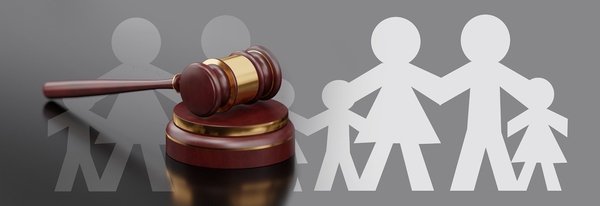
Ignoring the Importance of Documentation
Documentation plays a vital role in custody battles. Many parents do not maintain thorough and accurate records of relevant information. Document significant interactions, communications, visitation schedules, incidents, and any child welfare concerns. These records can serve as evidence and help substantiate claims or disputes during custody proceedings. Navigating the complexities of a custody battle without proper legal guidance can be detrimental. Many parents must consult a family law attorney specializing in child custody cases. A knowledgeable attorney can provide valuable advice, educate parents about their rights and responsibilities, and guide them through the legal process. Professional representation can significantly improve a parent’s chances of achieving a favorable custody outcome.
Violating Court Orders
Parents must adhere to court orders and custody arrangements established during the legal proceedings. Failure to comply with court orders can reflect poorly on a parent and may lead to legal consequences. Respecting and following the established custody schedule, visitation arrangements, and any other court-mandated requirements is crucial. Violating court orders damages the parent’s credibility and negatively impacts the child’s stability and well-being.
Also, many parents make the mistake of refusing to cooperate or engage in a power struggle with the other parent. Courts favor parents willing to work together and maintain a positive co-parenting relationship. Putting aside personal differences and focusing on effective communication, mutual respect, and shared decision-making is crucial for fostering a healthy co-parenting dynamic.

Custody battles require parents to navigate emotionally charged situations with careful consideration and strategic decision-making. Parents can increase their chances of achieving a favorable joint custody arrangement by avoiding common mistakes and focusing on the child’s well-being. It is essential to prioritize effective communication, respect court orders, document relevant information, engage in successful co-parenting, and seek professional guidance when needed. Ultimately, by prioritizing the child’s best interests, parents can create a foundation for a healthier and more positive post-divorce or separation co-parenting relationship.


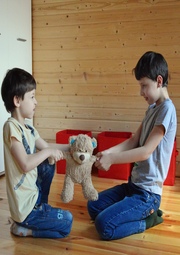

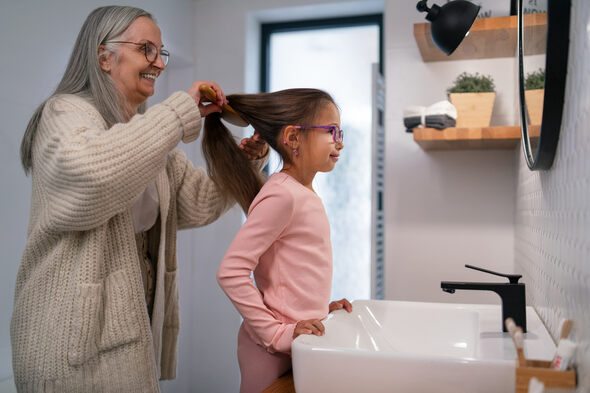
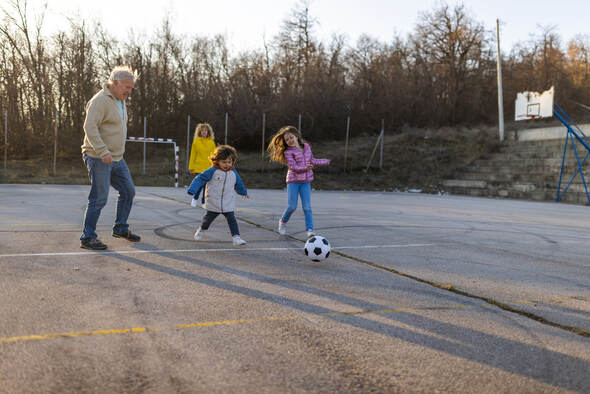



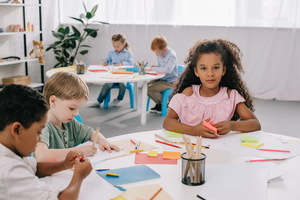



 Explore the Safe Search Engine -
Explore the Safe Search Engine -